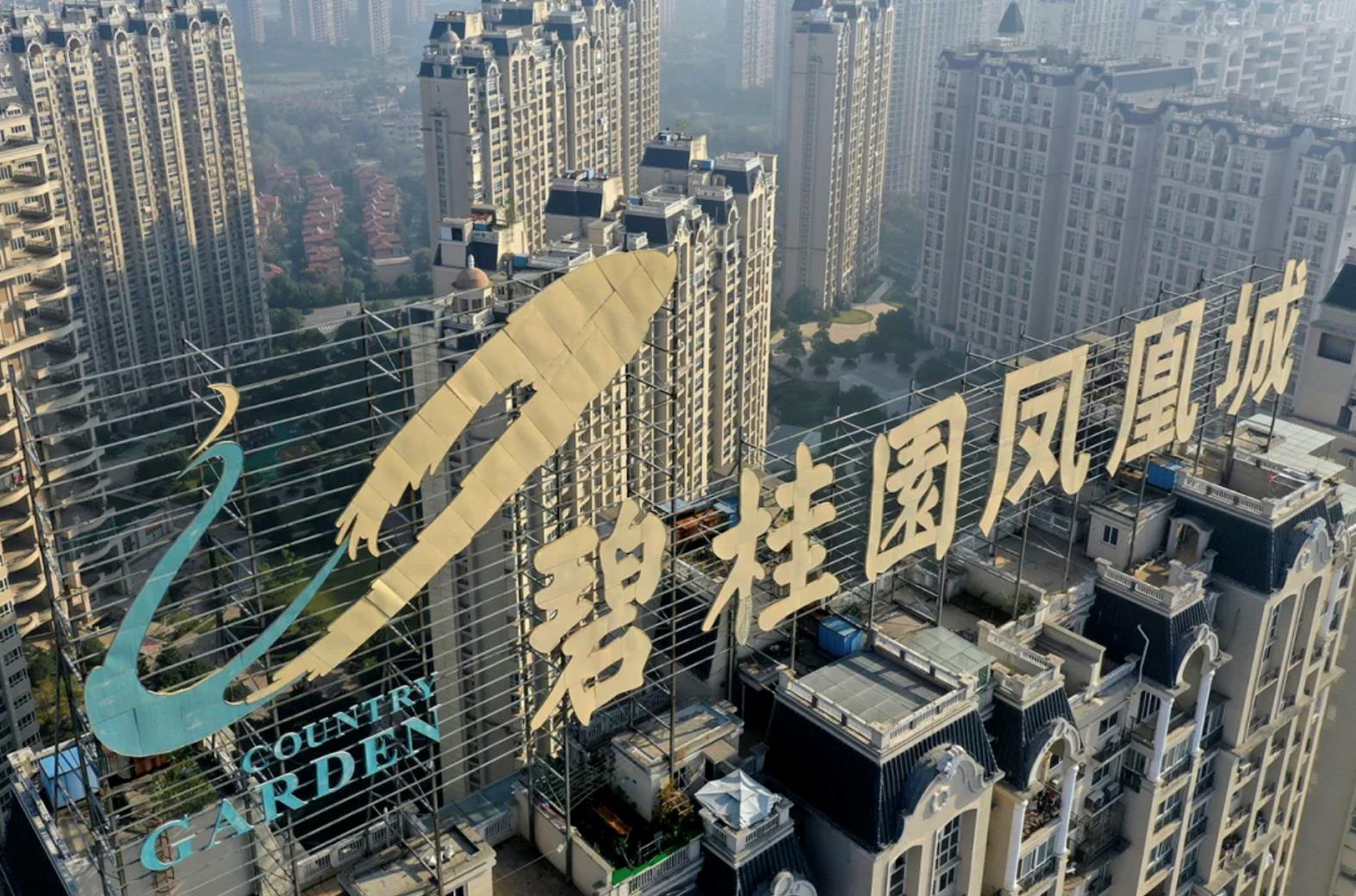Investors may conclude that China is experimenting with global markets.

Pan Gongsheng in Beijing in March (Source: Bloomberg)
PBOC in Global Market Guessing
On Monday (August 21), People’s Bank of China Governor Pan Gongsheng understood bettors were expecting big easing. As housing prices plummet, consumer spending plummets, credit growth falls, and deflation sets in, a dramatic move is needed.
But Pan shocked markets with caution. The PBOC lowered its one-year lending rate but maintained its five-year rate. Many agree with Sumitomo Mitsui DS Asset Management strategist Masayuki Kichikawa that Xi’s government is too “concerned about downward pressure on the yuan” to approve a stimulus boom. The “disappointing” size of Monday’s lending prime rate drop “wouldn’t help with building confidence” as Chinese authorities try to stabilize GDP, says Goldman Sachs economist Maggie Wei.
If foreign investors conclude the PBOC under Pan, who started on July 25, is sleeping at the wheel, all this could change. That alone might accelerate the yuan’s depreciation, threatening property developers with large dollar-denominated debt. As the 2024 election cycle heats up, a weaker yuan might put Beijing on Washington’s currency manipulation radar. It might threaten Xi’s long-term goal of expanding the yuan’s prominence in global trade and finance. Diana argues these splits are problematic in a “world where America is determined to contain China’s rise but is no longer assured of its success.”
Wei believes that abstemiousness may backfire if market participants perceive softening measures as officials’ refusal to provide moderate stimulus. Xi, Pan, and Premier Li Qiang seem willing to take the chance as the world’s top central bankers head to Jackson Hole, Wyoming for this week’s annual US Federal Reserve conference. Such disappointments and a growing gap between market expectations and Beijing’s actions are becoming typical. President Xi Jinping is keen to balance.
The strategy: targeted credit market stress relief without stimulus eruptions like 2009 and 2015. A response to both episodes created asset bubbles and boom-bust cycles.
Though theoretically a fed-centric activity, the Grand Teton Symposium often acts as a brainstorming forum during times of turbulence. Asia’s financial crisis and Russia’s default shocked the world in the late 1990s.
In 2008 and 2009, the “Lehman shock” rattled markets, and in 2015, China’s last financial stress scared Wall Street. Jackson Hole allowed the Fed, ECB, BoJ, and other leaders to discuss COVID-19 impact. China’s cracks may drown out Fed inflation talk this weekend. Washington to Seoul leaders don’t need deepening problems in the world’s second-largest economy.
More than a peaceful COVID reopening awaits Xi, Pan, and Li. Global uncertainties and home challenges like record young unemployment are hurting Chinese goods demand, making property market revival harder.
READ ALSO: China Strengthens its Digital Economy After the Tech War with US
China Ventures to Different Strategies in the Global Market
China’s Country Garden is the latest property developer to default. CNN screengrab investors in the global market worry about China’s contagion from Country Garden’s potential default. It’s the first time since 2021 when China Evergrande Group skipped bond payments, that global elites dread China’s weakness more than its strength.
Such risks may prompt the PBOC to decrease the one-year loan prime rate (LPR) again, after Monday’s cut to 3.45% from 3.55%.“We are penciling in a 10 basis-point cut in one-year LPR and 20 basis-point cut in five-year LPR to further shore up the property sector,” said Citigroup analysts.
China’s macroeconomic activity indices have deteriorated substantially in recent months, following a robust comeback earlier this year once Covid-19 pandemic restrictions were lifted, says Fitch Ratings analyst Pawel Borowski. Property starts and sales have plummeted, but retail sales and consumer confidence have also fallen.
JPMorgan economists report that “second-hand home prices remained low, with consistent declines both month-on-month and year-on-year across all tiers of the city.” This narrowed the new home price disparity. Second-hand housing prices falling below new house prices could be a game-changer since they could become mutually reinforcing, increasing the likelihood of Japanification.
As the PBOC weans the economy off Japan-like ultra-easy monetary policy, it’s hazardous. “Protecting banks’ net interest margins is the main motivation behind the smaller-than-expected LPR cuts,” Goldman’s Wei adds. However, confidence is crucial to economic recovery, and the disappointing LPR cut would not help generate confidence.”
READ ALSO: A New Earth Observation Satellite Sent by China Into Space From The Jiuquan Satellite Launch Center

















































